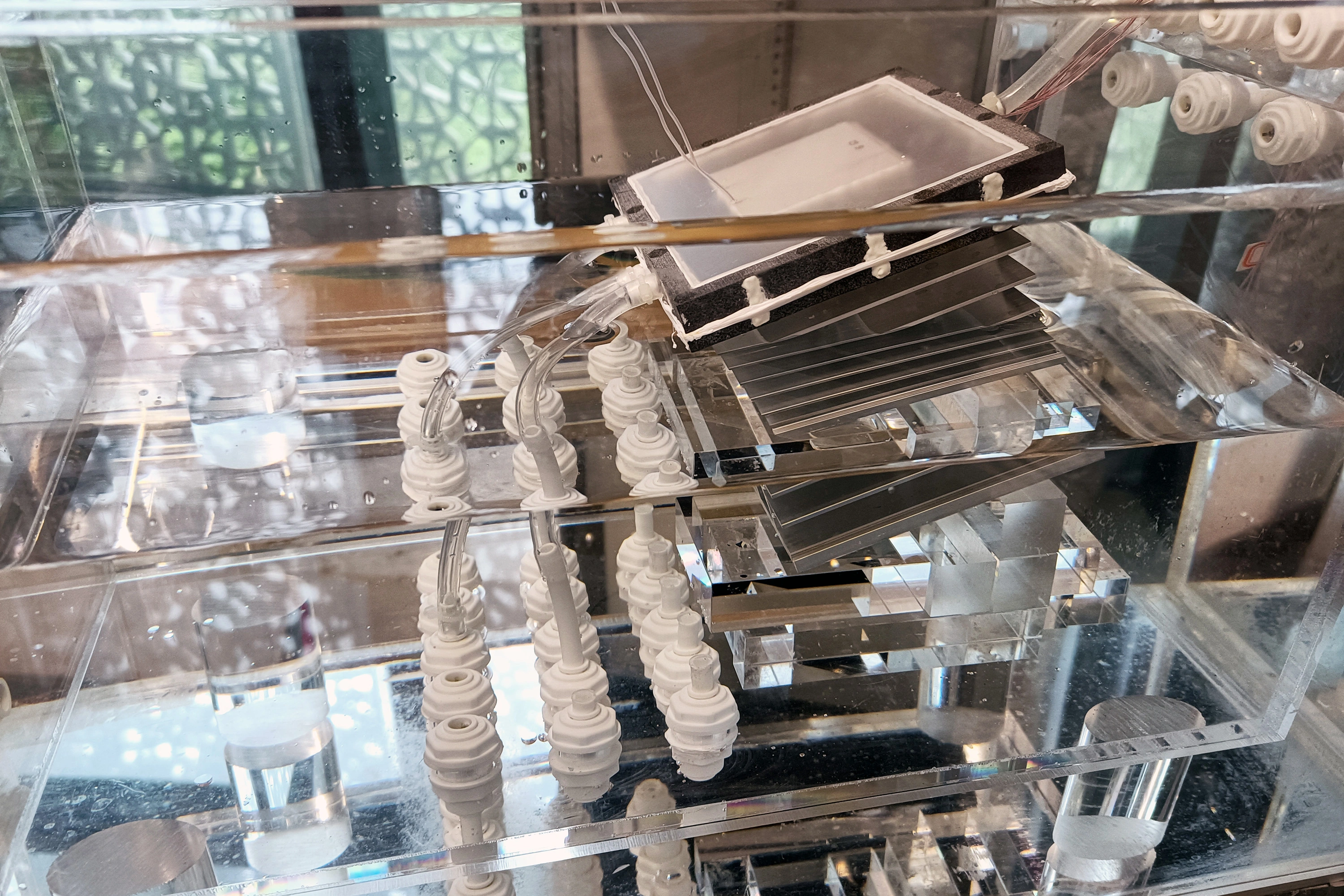Engineers at MIT and in China are aiming to turn seawater into drinking water with a completely passive device that is inspired by the ocean, and powered by the sun.
In a paper appearing today in the journal Joule, the team outlines the design for a new solar desalination system that takes in saltwater and heats it with natural sunlight.
The researchers estimate that if the system is scaled up to the size of a small suitcase, it could produce about 4 to 6 liters of drinking water per hour and last several years before requiring replacement parts. At this scale and performance, the system could produce drinking water at a rate and price that is cheaper than tap water.



That’s pretty unlikely, given that the water systems are more of less closed, and the volume of water in the oceans is so massive that it wouldn’t make an appreciable difference at any reasonable scale.
Keep in mind that this isn’t the creation of desalination, just making it cheaper. There are already plants that do this at a scale of 50 million gallons a day, or under 1 trillionth of the oceans.
Localized salinity changes are more likely to be an issue, but for that I think they just mix that salt back in with processed waste water, making it roughly neutral.